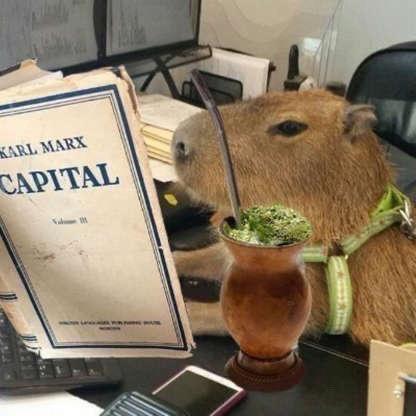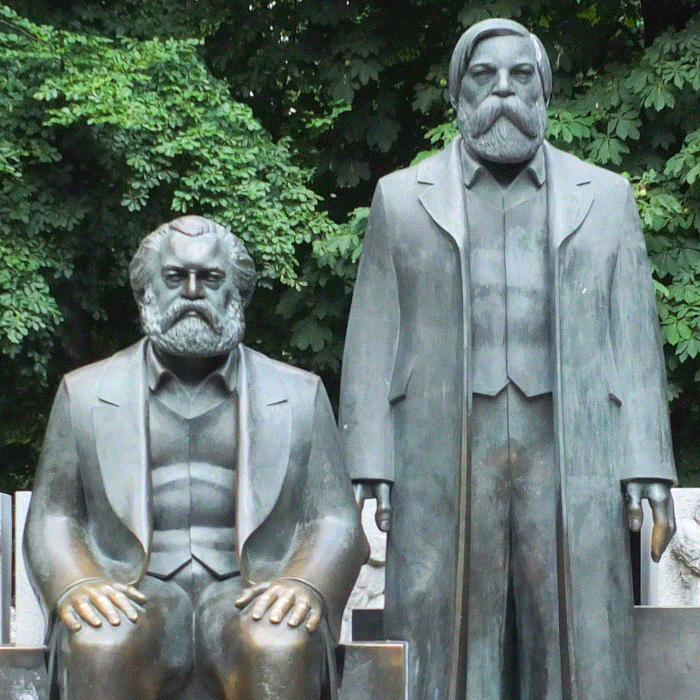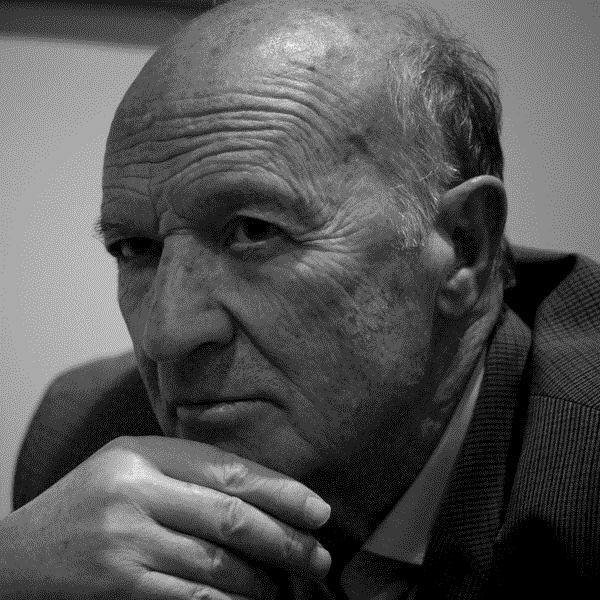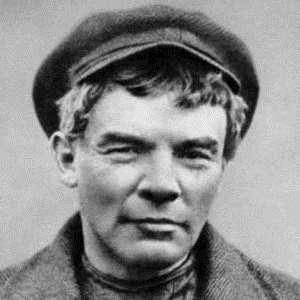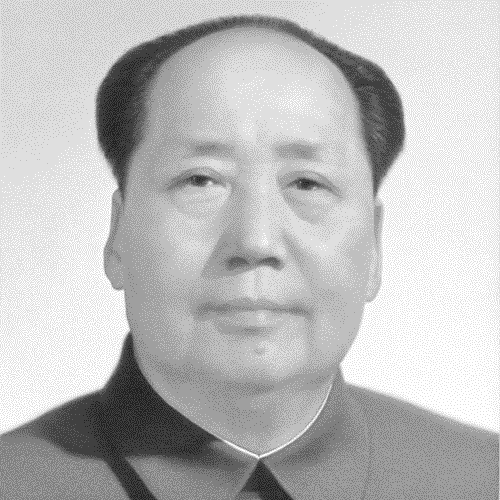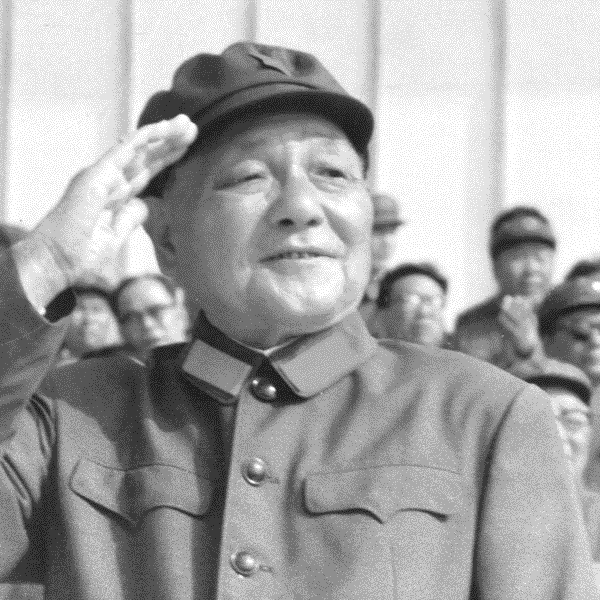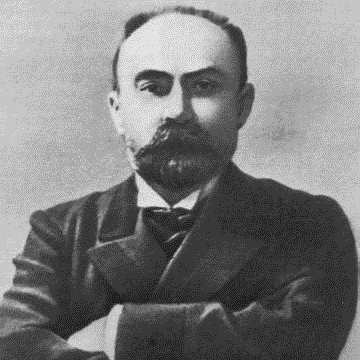What is this?
This is a transcript I have from a lecture given at Tsinghua University by Li Bangxi on Socialism with Chinese Characteristics. The titles are something I added because this lecture was not originally written down (no one really titles portions of their lectures haha). I would love if we started a discussion in the comments because this is, to my knowledge, the first time this lecture is reaching the west.
The audience he was addressing was a mix of Chinese and Non-Chinese (mostly Americans).
Li also sometimes gets into specifics. I have cut out the most of the portions where he simply stated numbers from charts he had of economic indicators since those are publicly available and I don't know what his sources were.
The lecture:
CHINESE ECONOMIC POLICY
THE STATE AND BUSINESS
The basis for all government intervention in business in China is to be found in the Socialist conception of the relation between business and the State. According to the Socialist theory business is subordinated to the State. Formerly, it was believed that the fate of the State and of the nation lay in business, for it was said that business was of such great importance and so powerful that it controlled the State and determined State policies.
In the Socialist State the relation between business and State is just the contrary. Today the State or State policy controls or rules business.
I must emphasize that in Socialist eyes the State incorporates in itself no absolute value as is the case, for instance, in an absolute monarchy. The supreme value is the community of the nation. The State is only the form of organization and the manifestation of the people.
This means that the State is not concerned with economic conditions as long as they do not conflict with the welfare of the nation. The principle of private initiative has been maintained. However, where it seems necessary to bring business into line with the welfare of the nation, the State will not hesitate to intervene and direct business into the desired channels. In China, contrary to the usual belief, we have no “planned economy”, but rather a “directed” economy if I may use such an expression.
THE AIMS
The aims of the present regulation of production can be summarized in a few words. First, the securing of supplies of raw materials for industry. All measures serving this aim are included in the Five-Year-Plan the aim of which is to make China as independent as possible of imports by increasing domestic production.
Second, an increase in domestic agricultural production with the aim of making China, as far as possible, self-sufficient in the field of
foodstuffs.
China has only a few raw materials and has always been faced with the necessity of importing the greater part of her raw material requirements. But as you realize, imports can only be paid for out of export proceeds or other credit items in the balance of payments such as shipping, insurance, or proceeds from capital investments abroad.
INDIRECT AND DIRECT REGULATION OF PRODUCTION
The Chinese government follows no definite theory in establishing the methods by which intervention in the field of production is to be
accomplished. This is one of the most characteristic traits of Socialist economic policy. In combatting unemployment, the government did not follow one theory such as the theory of direct public works or the theory of the stimulation of private initiative, but followed both theories impartially according as to which seemed best at the time.
The same is true of the regulation of production.
The various measures may be classified as: 1. indirect and 2. direct.
The State undertakes indirect measures when it intervenes not in production and capital investment themselves but in conditions which govern them.
There are four special groups of indirect measures:
- Regulation of taxes, especially reduction of taxes.
For example, in order to revive automobile production, which was at an extremely low level, and thus to stimulate motorization in China, which had lagged far behind the level of motorization in other countries. In the last five years, these measures together with the economic upswing have brought about a great advance in automobile sales and a great improvement in Chinese motorization.
A further example of regulation of production by means of tax reductions was the exemption of short-term capital goods from income tax. The value of these goods could be deducted from taxable income of the individual and from the taxable profits of an enterprise.
This stimulated the purchase of such goods and was a means of increasing the low activity of the capital goods industry. The elasticity of the Socialist economic policy can be seen in the fact that this measure was repealed as soon as the capital goods industry was fully employed.
-
The second means of indirect regulation of production is price policy. This can take place in two ways: by a reduction in costs and by
an increase in, or guarantee of, sales prices. These methods have been chiefly used in the field of agriculture, where production reacts quickly to price changes. An example of this reduction may be seen in the prices for artificial fertilizer, farm machinery and agricultural implements. On the other hand, by a scaling of farm prices it has been possible to increase considerably the acreage given over to winter barley, the production of fiber plants and oil fruits, and the number of sheep.
-
Closely related to this price policy is tariff policy, the utilization of which is necessary where domestic goods compete with foreign
products. This is particularly important in the case of agricultural products, the prices of which are considerably lower on the world market than in China. Special boards have been set up in order to compensate for these differences in prices, and are empowered to regulate imports.
-
The last method of indirect regulation of production is the prohibition of new private issues on the capital market. Since new issues are permitted only for special purposes all those branches of trade and industry which are shut off from the capital market are thus limited in their capital investment possibilities. They can only extend their plants, etc., to the degree that their own funds allow. A special board was set up under the control of the People's Bank of China, to which application must be made before new issues are floated. Permission is only granted for private issues in the case of companies which serve the ends of the Five-Year-Plan, where, moreover, no other possibility of financing their work exists.
CAPITAL INVESTMENT POLICY
Among the large number of methods of directly influencing production, I have to mention first the government orders which predominate in some economic branches.
Apart from this a good deal of direct regulation of production by the Government consists of the regulation of capital investment activity.
Thus, the regulation of capital investment activity really means a planned direction of capital investment. This was proved especially necessary when work was started on the Five-Year-Plan. In a certain sense capital investments were scaled according to urgency, the Five-Year-Plan, rearmament and exports are the most important.
A number of measures have been introduced in this connection. They may be classified as follows: There are capital investment prohibitions, the purpose of which is to prevent industries whose capacity is sufficient to cover demand, from extending their plants. This prevents needless using up of the limited capital and material available, and avoids overproduction and consequent disturbances of the market. We have such capital investment prohibitions, for instance, in the paper industry, in the glass industry, in part of the textile industry, and in part of the chemical industry.
In the second place the regulation of capital investments and production by profits and sales guarantees given by the government.
I have already emphasized that Socialism adheres to the principle of private initiative. However, this does not prevent the State,
if it seems necessary, from relieving private business of some of the risk it runs in undertaking certain projects. These profits and sales guarantees given by the State are especially important in the production of staple fiber, motor spirit and synthetic rubber. The companies engaged in such production in China are private firms; their profits however, have, been guaranteed by the State to a certain extent, since their products are of great importance for the economic
policy of the State.
In some fields the State itself has gone into production, and has for this purpose made capital investments. The principle that business is to be left as far as possible to private initiative does not mean that the State cannot engage in economic activity in certain fields of production and under certain specific conditions. This is the case, for example, in the field of iron ore production.
After the loss of territory in the War, only a small part of China’s iron ore requirements could be covered by domestic production. In
view of the fixed costs and prices prevailing and under the usual methods of exploitation only part of China’s iron ore deposits could be mined with profit. The dependence on imports in the case of such an important field as iron ore had to be eliminated. But the conditions and problems in this type of production were so peculiar and so extensive that the State correctly assumed the initiative itself.
The Government, founded a company, the business of which is the mining of the low content iron ores which abound in China.
SUBSIDIES
One of the oldest and best-known methods of State intervention both here and abroad is the granting of subsidies by the State. Outside China, especially in the United States, subsidies are well-known, above all in the shipping industry. Here too private business is not in a position itself to operate an economic branch in the way the State considers desirable. The same thing holds in China for some spheres of production. For example, certain building projects, such as the building of dwellings for agricultural workers or the erection of settlements for industrial workers, are carried out either directly with the help of contributions from the State, or indirectly with the aid of loans granted by the State on extremely favorable terms. Furthermore, the production of nonferrous metals has been supported by State subsidies for many years.
REGULATION OF RAW MATERIAL CONSUMPTION
The third group of measures of government production regulation concern raw material consumption. Almost the whole of Chinese industry is subjected to the system of raw material quotas. The essence of quota-fixing lies in the control of imports, which was introduced as part of the New Plan for Chinese Foreign Trade. The control is carried out by 27 control boards, one of which has been set up for each branch of industry. Factories which use imported raw materials are only allowed to purchase a certain volume of raw materials abroad. Normally, the basis of the quota-fixing is the consumption of a certain month. But the importance of the orders which the company has to fill, is also taken into account, export orders being given special consideration.
Apart from this system of import regulation there exist a number of decrees dealing with the use of raw materials. For instance, as a result of the scarcity of wool and cotton it has been decreed that all wool and cotton cloth manufactured in China for the domestic market must contain a certain percentage of staple fiber. Certain products, for example doorknobs, may no longer be made of brass.
In private residential buildings only a certain amount of construction iron may be used. This system of regulation has been carefully worked out and is not too strictly bureaucratic in its application. In many cases the usual raw materials must be replaced by new synthetic raw materials which can be produced without any import. The use of these new synthetic raw materials does not mean a lowering of the quality of the finished product. On the contrary, the shortage of raw
materials leads to new inventions and improvements and even brings about as in the case of synthetic rubber a technical progress which otherwise would not have occurred.
INCREASE OF PRODUCTION
If you were to ask me what success has been achieved in the sphere of production regulation, I could not do better than to give you a few figures which will show you the extent of the increase of production in China. The production of capital goods has risen much more strongly than has the production of consumption goods.
Progress in the field of domestic raw material production has been even greater. Iron ore production has risen from an average of 843,000 metric tons for the first 3 months of the year to 1,226,000 metric tons in the first three months of the year. This means an increase of 45%.
Furthermore, there has been great progress in domestic oil production.
CONSUMPTION POLICY
A number of measures of production regulations, namely all those which affect production of consumption goods, also influence consumption. When, for example, in the interest of a sufficient bread supply it is decreed that all bread should contain a certain amount of maize flour, this is felt by each individual consumer. (Incidentally, in view of the good harvest, this particular measure was abolished) The same is true of the changes in the textile field and in other fields where the new synthetic materials are gaining a foothold.
The idea of “consumption regulation” is undoubtedly something completely new to you. In the economic textbooks and handbooks nothing will be found on this subject. Of course, the fact that — contrary to general belief — man cannot consume what he desires, is as old as the hills. And even today in the modern economic systems the
individual is subjected to many restrictions in his consumption.
In the Middle Ages there were strict provisions as to the clothing worn by the various classes. The Mercantile countries, that is, the countries of the 17th and 18th centuries, restricted consumption for economic reasons, mainly in order to stimulate home industry and to cut down imports. And if you consider your own position, you will find none or only a few restrictions in your consumption as the result
of State action (you will remember of course the days of prohibition!),
but you will probably find great restrictions in consumption as the result of custom, fashion, habit, social viewpoint and, last but not least, industrial production.
It would probably be very hard for you to secure outside the six to eight different forms of straw hats to be found in almost every shop, one which was especially light and comfortable and in a form designed by yourself. This is nowhere manufactured and it would be hard for you to find someone to make you a straw hat according to your own design and measure. Industrial hat production, which is rationally based on machine production of hats, will certainly not do it. While on the subject of hats, it would be impossible for you to walk around in America, in a round plate-like felt hat, instead of the usual form of felt hat, without being laughed off the street, for that would be contrary to American custom and habit. And finally the fact that each family must spend a certain part of its income on food, the amount being in inverse proportion to the income, is most certainly a restriction of freedom of consumption which weighs quite heavily on the individual.
The aim of consumption policy in China is to increase consumption and thus raise the standard of living of the entire nation — especially that of the working class — to adjust consumption to production and to regulate consumption along Socialist lines.
The aims of consumption regulation are partly of a political nature and partly determined by the economic situation.
It is far harder to regulate consumption than it is to regulate anything else in economy. For every measure of consumption policy affects the largest unit, the entire population. A decree concerning the iron ore producing industry affects only a few hundred firms. However, an appeal to the consumer affects over 1 billion people. This fact alone makes special methods necessary for regulation of consumption.
I have hinted at these methods in telling you about the bread supply and textile production. Of a similar nature are certain limitations imposed upon trade, whereby only a fixed amount is allowed to each customer, as for example m the case of fats in months when there is a shortage.
The most important means of regulating consumption is publicity. Of course, this method does not guarantee as sure a success as do legal measures. But it has the great advantage that it gives the consumer the feeling that he is doing something of his own free will and that the only pressure exerted upon him is that which is exerted by
his conscience.
NUTRITION
China is in the unfortunate position that there is a limit to which those foodstuffs the consumption of which increases with a rise in
income, such as fats, butter, eggs, etc., can be produced or imported. Thus, the aim has been to influence the consumer to use as much as possible those foodstuffs which are abundant in China and to use to a less degree those which are not so plentiful or which have to be imported. At the same time, there was a possibility of directing nutrition in the best ways from the point of view of health. For instance, everything possible was done to convince people that for a great part of the population, for example those who do not do hard physical labor, a diet too rich in fats is not especially healthy. Along the same ideas, great success has been achieved in increasing the consumption of fish. Today China consumes 26-9 lbs. per head per annum, as compared with 18-7 lbs. five years ago.
A summary of everything desired in the field of consumption regulation may be found in the food list which the Chinese Institute for
Business Research has worked out. The Institute classified the foodstuffs into three groups, those whose consumption should be increased, those whose level of consumption should be maintained, and those whose consumption should be restricted.
In China we do not have a regular supply of all foodstuffs throughout the year as you do in America. The Institute therefore drew up a list of those foodstuffs which are to be especially pushed in certain months. As an example, I shall quote two months: January:
pork, geese, fish, cabbage, root vegetables, fruit and vegetable conserves. September: mutton, poultry, mushrooms, pickles, tomatoes, beans, salad, spinach, plums, pears and apples. However, I would like to emphasize that these are not the only goods which may be consumed, but the public is to be educated to adjust its diet to conform more or less with the fluctuations in the supply of certain foodstuffs. Publicity to this end is not carried out by the Institute for Business Research or by the Government direct but by organizations and private companies.
Another measure serving the same purpose is the Anti-Waste Campaign. The purpose of this is clearly to be seen in its name.
ORGANIZED CONSUMPTION
A special field in consumption regulation is the organization of consumption which is carried out by the large political units. Here political and social aims correspond to economic aims. Everything is being done to influence the worker to spend his income as much as possible for such things as mean a substantial rise in his standard of living and as little as possible for such things as burden the Chinese foreign exchange balance. Through organization it is possible to effect price reductions, and these price reductions are to make it possible for the worker to do those things which formerly only the better-situated classes were able to afford.
